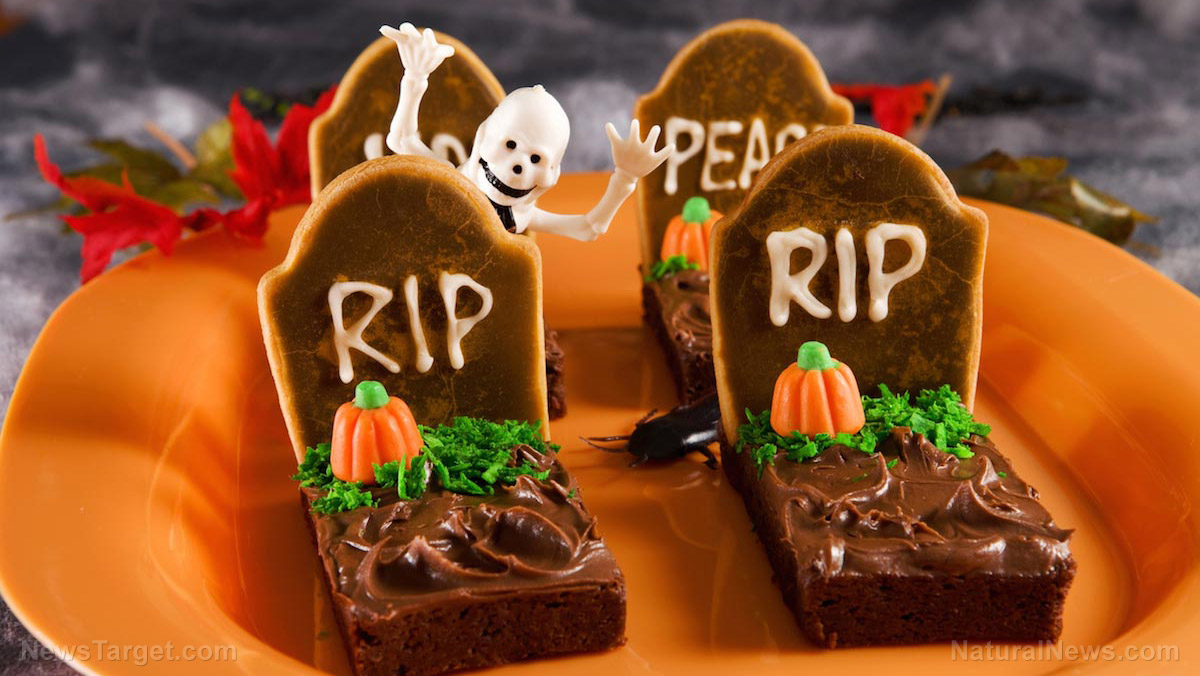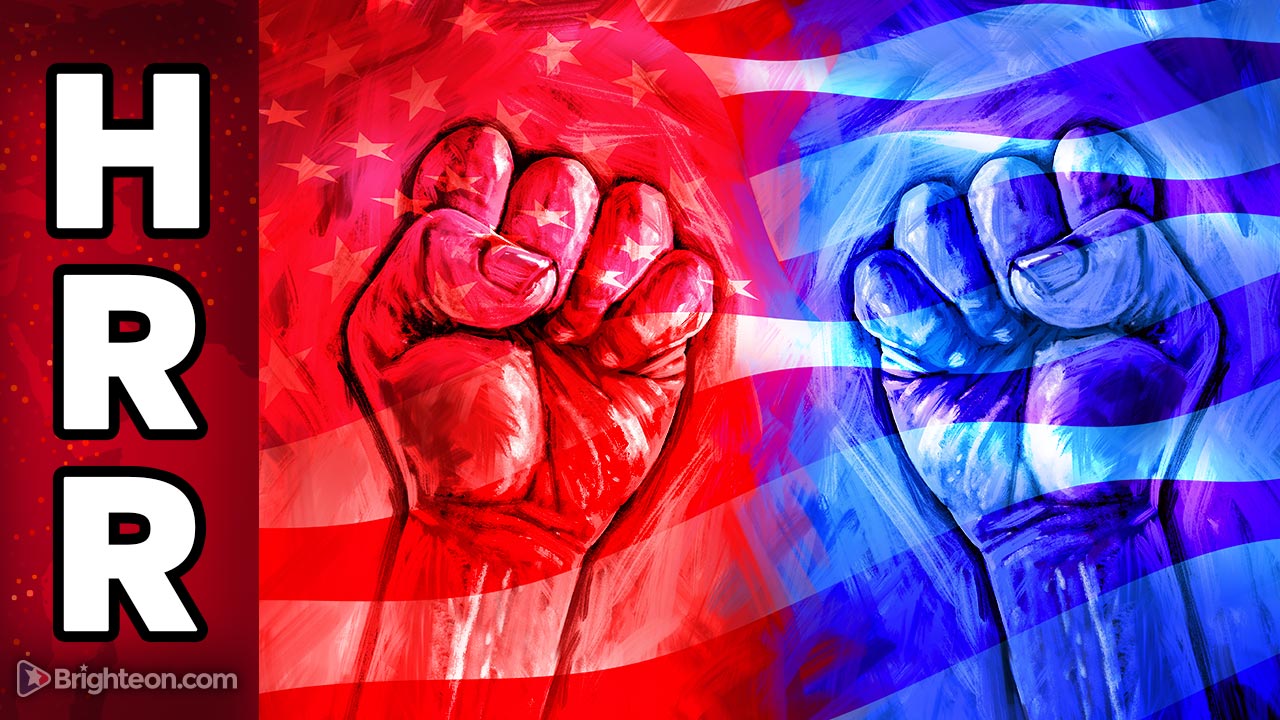 Parler
Parler Gab
Gab
People still willing to give out Halloween candy
People still seem to be willing to give out candy for Halloween as household spending on candy in the U.S. is expected to hit $3.2 billion this year – a one percent increase from last year, according to S&P Global. Moreover, the National Retail Federation (NRF), which partners with Prosper Insights & Analytics on the annual Halloween Consumer Survey, found that 67 percent of respondents are still planning to hand out candy, up from 66 percent in 2021. Overall, the NRF expects U.S. consumers to spend a record $10.6 billion on Halloween celebrations in 2022, up from $10.1 billion last year. Candy shoppers, however, may not find what they're looking for, as Hershey said that high interest in its regular candy offering meant it wouldn't be able to meet the demand for Halloween items. (Related: After firing unvaccinated workers, Hershey's says it can't make enough candy for Halloween – blames Putin.) The company uses the same manufacturing lines for its regular and seasonal products. As a result, it is unable to increase production of its regular sweets and holiday items simultaneously. CEO Michele Buck said Hershey has a strategy of prioritizing everyday on-shelf availability and that it was a choice they needed to make. This likely means that they will be ceding ground for the season to competitors such as Mars Wrigley, which makes M&Ms and Snickers, as well as Mondelez, which makes Sour Patch Kids. Visit Collapse.news for more stories like this. Watch the video below to learn more about food inflation and supply. This video is from the MealBetix channel on Brighteon.com.More related stories:
No more child labor chocolate: Halloween candy boycott targets Hershey's.
Halloween Warning: Candy Made in China May be Contaminated with Toxic Melamine.
Don't spook kids by giving nutrient-lacking candy this Halloween.
Sources include: En-Volve.com Edition.CNN.com Brighteon.comVenezuela’s inflation rate of 359% erodes economic recovery, forces citizens to migrate
By Belle Carter // Share
New islands, sunken ships and lost marine equipment emerge as Mississippi River continues to dry up
By Belle Carter // Share
ANALYSIS: Biden regime to wage WAR OF TERROR against America as punishment for voting red
By Mike Adams // Share
Governments continue to obscure COVID-19 vaccine data amid rising concerns over excess deaths
By patricklewis // Share
Tech giant Microsoft backs EXTINCTION with its support of carbon capture programs
By ramontomeydw // Share
Germany to resume arms exports to Israel despite repeated ceasefire violations
By isabelle // Share










